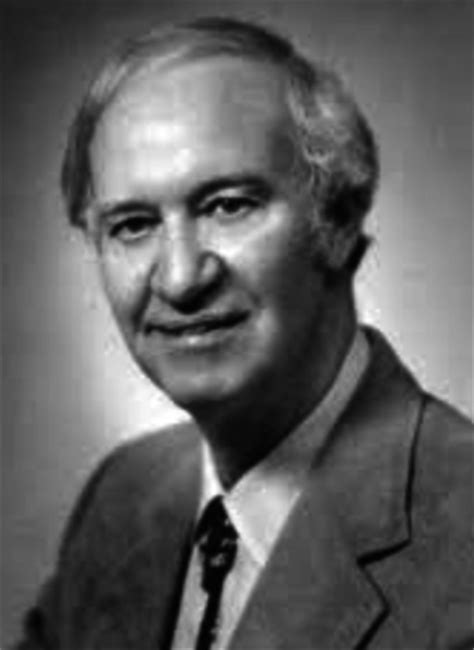A Quote by Joe Whitney
The intelligence is proved not by ease of learning, but by understanding what we learn.
Quote Topics
Related Quotes
There is first the problem of acquiring content, which is learning. There is another problem of acquiring learning skills, which is not merely learning, but learning to learn, not velocity, but acceleration. Learning to learn is one of the great inventions of living things. It is tremendously important. It makes evolution, biological as well as social, go faster. And it involves the development of the individual.
We will learn no matter what! Learning is as natural as rest or play. With or without books, inspiring trainers or classrooms, we will manage to learn. Educators can, however, make a difference in what people learn and how well they learn it. If we know why we are learning and if the reason fits our needs as we perceive them, we will learn quickly and deeply.
We are learning all the time - about the world and about ourselves. We learn without knowing that we are learning and we learn without effort every moment of the day. We learn what is interesting to us... and we learn from what makes sense to us, because there is nothing to learn from what confuses us except that it is confusing.
What we have to understand that we have to believe into things which can be proved. Now the time has come that Divine itself has to be proved. That God Almighty has to be proved. That Christ as a son of God has to be proved, that His birth as immaculate conception has to be proved. Not by argument, not by reasoning, nor by blind faith but by actualization on your central nervous system.
From the standpoint of education, genius means essentially 'giving birth to the joy in learning.' I'd like to suggest that this is the central task of all educators. It is the genius of the student that is the driving force behind all learning. Before educators take on any of the other important issues in learning, they must first have a thorough understanding of what lies at the core of each student's intrinsic motivation to learn, and that motivation originates in each student's genius.
In 'Chappie,' you see this sort of young robot that's learning through maybe 'deep learning' how to see the world really, look out into the world, and learn step by step. What's so interesting is that with 'Chappie,' you're getting to see how human behavior reacts to artificial intelligence, and I don't think it's always going to be positive.
Many of the most important principles of intelligence cannot by taught at universities, from books, or through other temporal learning processes. Often these great principles are learned from afflictions, tribulations, and other mortal experiences. All that we learn in this manner will benefit us not only in this life but also in the next, for 'whatever principle of intelligence we attain unto in this life, it will rise with us in the resurrection'.
All the kids are learning different languages. I asked them what languages they wanted to learn, and Shi is learning Khmai, which is a Cambodian language; Pax is focusing on Vietnamese, Mad has taken to German and Russian, Z is speaking French, Vivienne really wanted to learn Arabic, and Knox is learning sign language.
Our understanding of what constitutes intelligence is utterly relative. If an aborigine drafted an I.Q. test, for example, all of Western civilization would probably flunk. We have a very convenient and self-serving way of defining intelligence. If an animal does something, we call it instinct. If we do the same thing for the same reason, we call it intelligence.


































